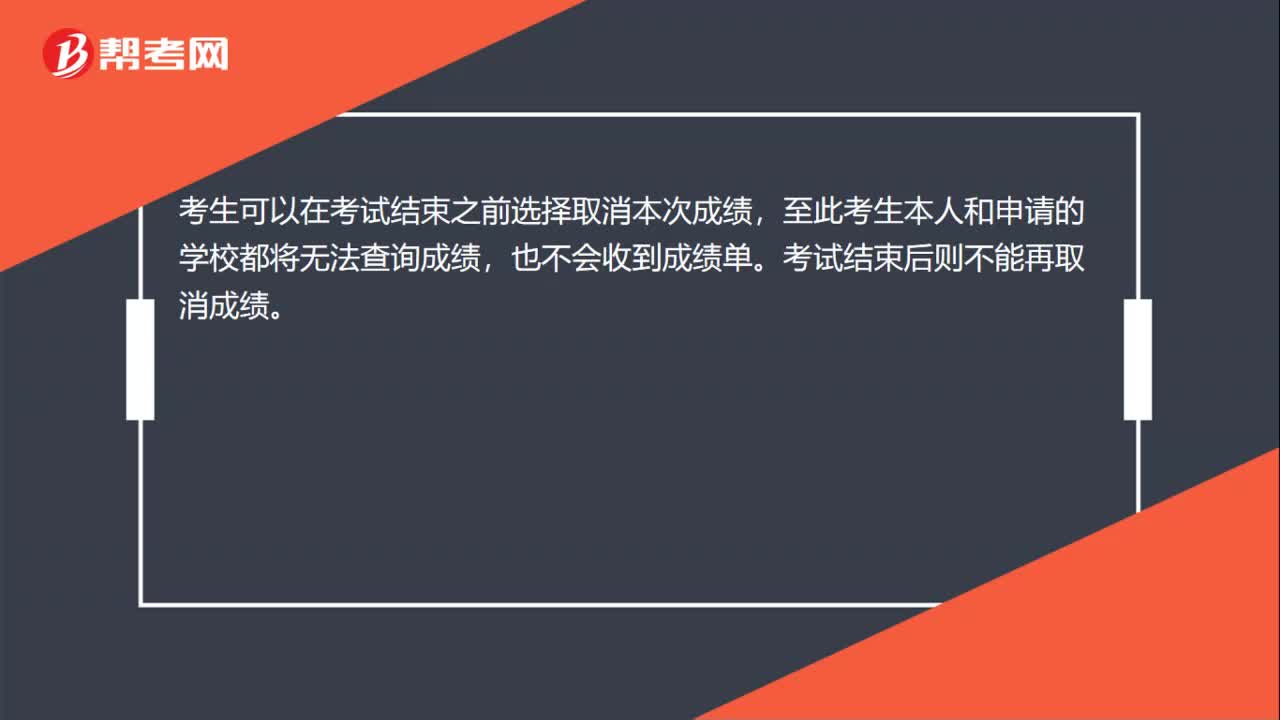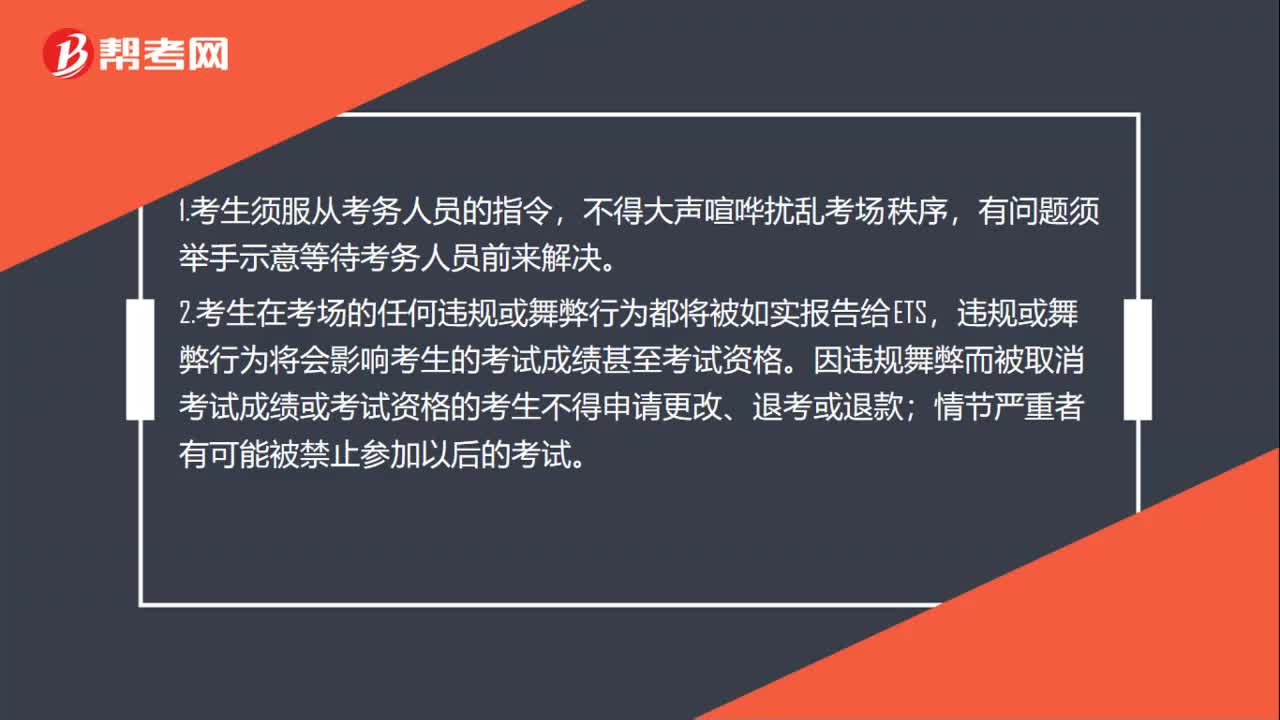
下载亿题库APP
联系电话:400-660-1360

下载亿题库APP
联系电话:400-660-1360

请谨慎保管和记忆你的密码,以免泄露和丢失

请谨慎保管和记忆你的密码,以免泄露和丢失

小伙伴们,托福考试大家复习的怎么样了呢?下面是帮考网分享的一些托福考试听力部分的复习资料,一起来看看吧!
I hope you\'ve all finished reading the assigned chapter on insurance so that you\'re prepared for our discussion today. But, before we start, I\'d like to mention a few things your text doesn\'t go into. It\'s interesting to note that insurance has existed in some form for a very long time. The earliest insurance policies were what we called bottomry contracts. They provided shipping protection for merchants as far back as 3000 B.C. In general, the contracts were often no more than verbal agreements. They granted loans to merchants with the understanding that if a particular shipment of goods was lost at sea, the loan didn\'t have to be repaid. Interest on the loans varied according to how risky it was to transport the goods. During periods of heavy piracy at sea, for example, the amount of interest and the cost of the policy went up considerably. So, you can see how insurance helped encourage international trade. Even the most cautious merchants became willing to risk shipping their goods over long distances, not to mention in hazardous weather conditions when they had this kind of protection available. Generally speaking, the basic form of an insurance policy has been pretty much the same since the Middle Ages. There are four points that were salient then and remain paramount in all policies today. These were outlined in chapter six and will serve as the basis for the rest of today\'s discussion. Can anyone tell me what one of those points might be?
【生词摘录】
1. insurance: n. [U]an arrangement with a company in which you pay them money each year and they pay the costs if anything bad happens to you, such as an illness or an accident 保险;the money that you pay regularly to an insurance company 保险费;the business of providing insurance 保险业
2. bottomry: n. 船舶抵押契约(如船舶损失,则债务取消),冒险借贷
3. contract: n. [C]a formal written agreement between two or more people, which says what each person must do for the other 契约;合同
4. loan: n. [C]an amount of money that you borrow from a bank etc (银行等的)贷款
5. understanding: n. [C usually singular]a private, unofficial agreement(私底下、非正式的)协议,协定
6. interest: n. [U]a charge made for borrowing money(借贷的)利息[+on]
7. piracy: n. the crime of attacking and stealing from ships at sea 海上抢劫,海盗行为
8. cautious: adj. careful to avoid danger or risks 小心的,谨慎的,慎重的
9. hazardous: adj. 危险的
10. salient: adj. formal the salient points or features of something are the most important or most noticeable parts of it 【正式】显著的,突出的
11. paramount: adj. more important than anything else 至高无上的,最重要的
好了,以上就是今天分享的全部内容了,各位小伙伴根据自己的情况进行查阅,希望本文对各位有所帮助,预祝各位取得满意的成绩,如需了解更多相关内容,请关注帮考网!
 22
22托福考试中能否取消考试成绩?:托福考试中能否取消考试成绩?考生可以在考试结束之前选择取消本次成绩,至此考生本人和申请的学校都将无法查询成绩,也不会收到成绩单。考试结束后则不能再取消成绩。
 32
32托福考试如何计分?:托福考试如何计分?托福考试的四个环节,分数由电脑自动生成和人工评分(经过专业培训的权威人士)两部分组成,确保分数的公平及准确性。只有托福考试采用这种多人评分机制,通过不记名方式,由多名接受过严格培训的考官予以评分,过程经过质量监控,达到高标准的公平性与客观性。
 43
43托福考试的考场规则是什么?:托福考试的考场规则是什么?1.考生须服从考务人员的指令,不得大声喧哗扰乱考场秩序,有问题须举手示意等待考务人员前来解决。2.考生在考场的任何违规或舞弊行为都将被如实报告给ETS,违规或舞弊行为将会影响考生的考试成绩甚至考试资格。因违规舞弊而被取消考试成绩或考试资格的考生不得申请更改、退考或退款;情节严重者有可能被禁止参加以后的考试。